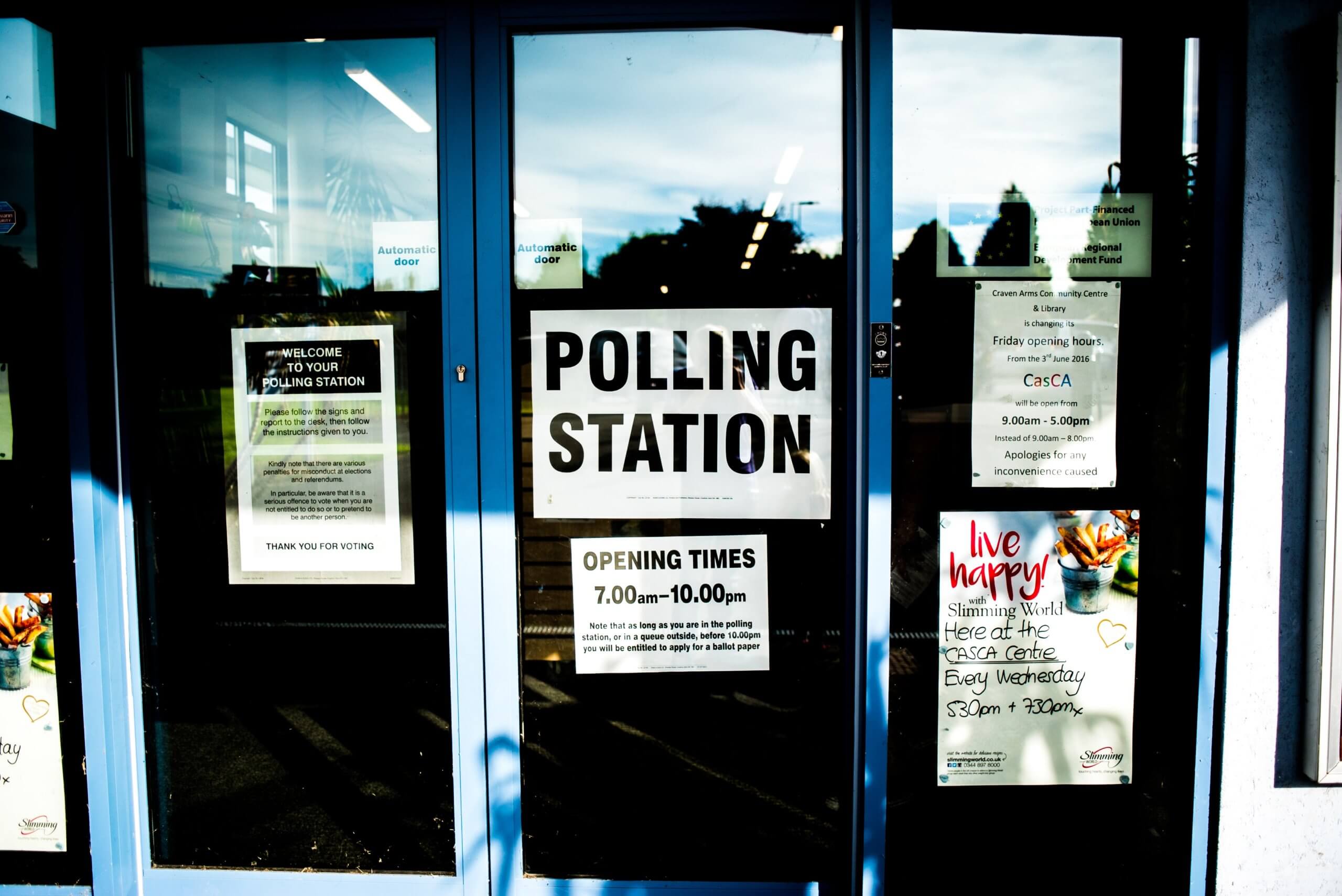
While a winner still hasn’t been announced in the presidential election, the data showing the social media reaction to election day is already in. Here’s what you need to know about the audience reaction to Election Day.
Insight #1. Donald Trump Dominated The Election Day Conversation On Twitter
In the United States, there were 3,897,697 Tweets mentioning Donald Trump on November 3, 2020; which was 93% more than the 2,019,422 Tweets that mentioned Joe Biden on the day. Whatever the result of the election, the social media data indicates that it was a referendum on Donald Trump, as opposed to people focusing on Joe Biden’s qualifications.
Social media is often a key indicator of the level of enthusiasm for a candidate. Even when the polls showed Trump behind Biden, the enthusiasm and passion that people have for Trump played out on social. When you combine that with traditional polls, we would have had a better idea of how tight this race was going to be.
Insight #2. The Social Audience Was More Anxious On Election Day Than At Any Other Point This Year
There were 343,706 Tweets mentioning Anxiety on November 3, 2020, the single highest total for the term all year. That’s also up 80% from the 190,741 Tweets mentioning Anxiety on November 8, 2016, with the big difference being that during the last election cycle, the winner was determined the night of the election.
Insight #3. The Audience Isn’t Threatening To Move To Canada Yet
On November 8, 2020, there were 41,078 Tweets in the United States talking about moving to Canada. With the results still unknown, there were only 4,066 Tweets in the United States on November 3, 2020, talking about moving to Canada.
Insight #4. Voter Fraud Was Not A Significant Storyline On Social
While President Trump asserted in the lead up to the election that using absentee ballots would create massive voting fraud, there wasn’t substantial uptick in conversation on the topic this year compared to election day in 2016. There were 49,471 Tweets discussing Voter Fraud on November 3, 2020 in the United States; a 26% increase compared to on November 8, 2016, when there were 39,121 Tweets discussing Voter Fraud.
Insight #5. Backlash Aimed At Pollsters
When the polling ahead of the election showing Biden with a big national lead didn’t translate to a landslide victory, the social media took pollsters to task. For instance, Nate Silver, the most prominent pollster, was mentioned in 50,643 Tweets in the United States on November 3, 2020. Sentiment around those Tweets was 38% Negative compared to 14% Positive, with 17% of the Tweets expressing the emotion of Anger.
Want want more information about how ListenFirst can help your brand with social listening? Request a demo today!


